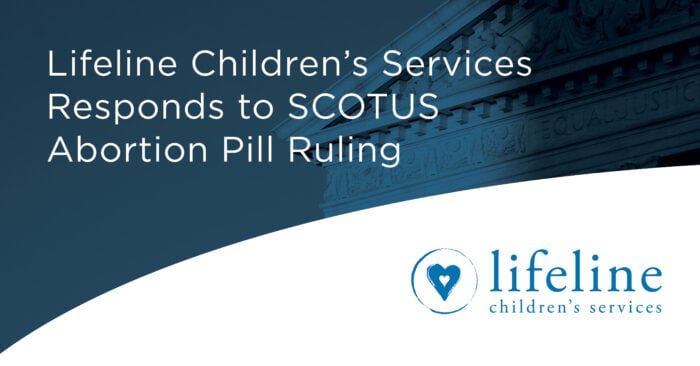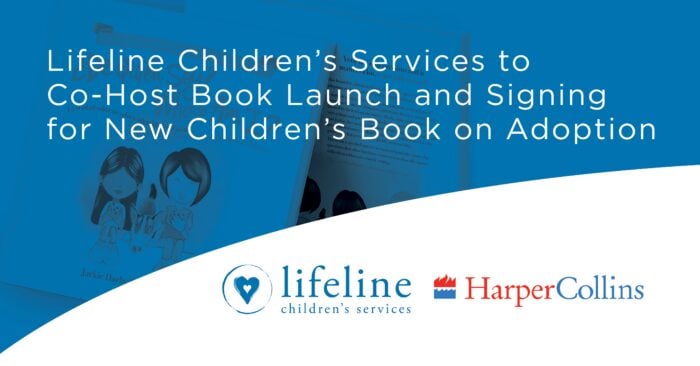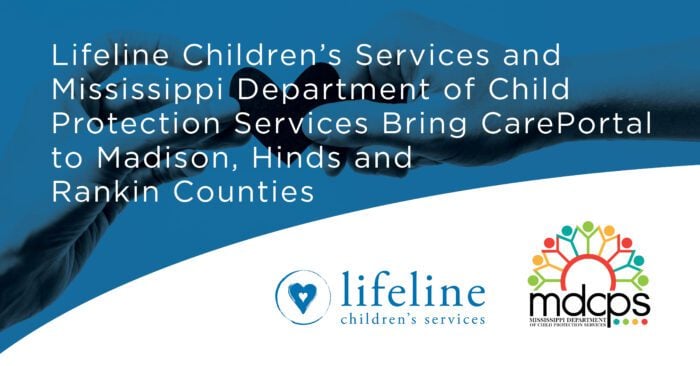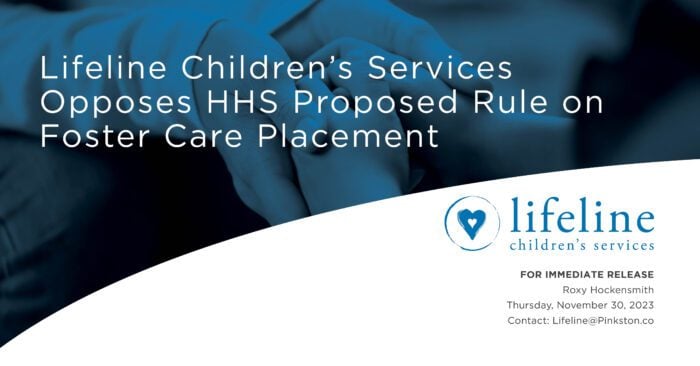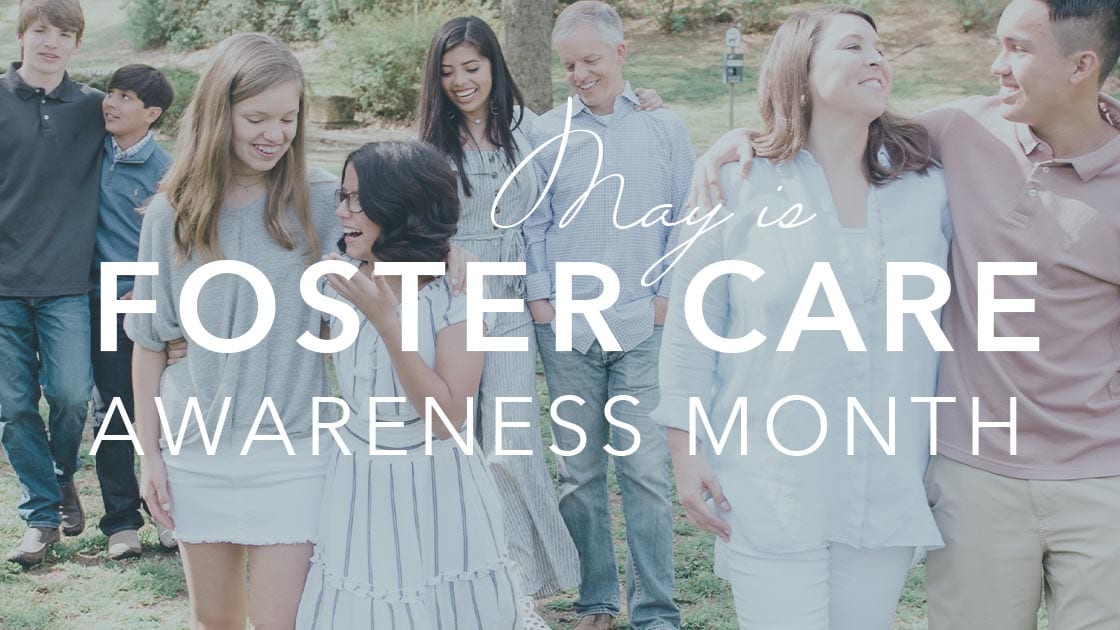Compiled by Jenny Riddle with Traci Newell, LBSW, TBRI® Practitioner, Education Specialist & National Program Director for Families Count

For foster parents, talking with children in their care about their families may be uncomfortable, particularly when circumstances are challenging. As shepherds of their children’s hearts, though, parents must recognize that a child’s understanding of his identity and self-worth is connected to his family of origin. By talking openly, parents give children the freedom to safely explore the emotions and thoughts that are so closely tied to their story. Giving children permission to love all families from their story strengthens relationships and provides a solid foundation for understanding their past, not being ashamed of who they are, and moving toward their future with confidence and hope.
In light of the importance of this topic and practice, Traci Newell, a professional in family reconciliation at Lifeline, shares helpful insights and guidelines about talking with children about their birth parents.
An important note: This article uses the term “birth parents” to differentiate between foster parents. When a child is placed into your home through foster care, it is important to acknowledge their birth parent(s) as their parents and call them by the name(s) your child has assigned to them.
How do you introduce your child(ren) to the idea of birth parents?
You can acquaint your child with the concept of “birth family” from the beginning by openly talking about different kinds of families: birth families, forever families, and foster families. Books with colorful illustrations and simple language can be very effective tools.
If your child is curious but not asking questions, it could be that he is fearful of hurting your feelings. You can take opportunities, such as birthdays and other special occasions (Mother’s Day, Christmas, etc.) to start the dialogue. For example, you might say something like, “Today is such a special day. I wonder if it makes you think about your mom or dad because I have been thinking about them.” It is important that you follow their cues, though, and don’t push if you encounter resistance.
How do you answer questions if you don’t know the answer?
Because shared parenting is an important part of foster care, it is important that the adults in your child’s care are telling him the same story. When possible, collaborate with your child’s birth parent(s) and social worker to determine what he already knows and what the birth parent(s) would like him to know. Relying on the social worker to collect as much information as possible is important, and you may need to ask questions of the child, too. If your child was in a previous placement, you may need to gather information from his former foster family, and if your child does not have a life book (with pictures and information about important milestones), it is not too late to create one.
How do you address questions when the answers are hard to hear?
Some parents are inclined to shield their child from hard parts of their story. This type of “protection” can actually perpetuate feelings of shame, however, and can inadvertently lead your child to make false assumptions. Normalizing foster care for your child means talking about even the most difficult subjects — if they sense you are comfortable, more than likely, they will be too.
For younger children, more concrete explanations are needed, but as children progress in development they are able to conceptualize and move into more abstract thinking. This is the time when they will need more specific information so they don’t draw their own conclusions.
After sharing difficult information, your child may need to be held or may need to be alone for a while. It is good to follow-up with the question, “How are you feeling?” after your child has absorbed the information. Acknowledging that it is ok for your child to have feelings about hard information is important.
What does it mean to your child when you are respectful of their birth parents?
Your child’s sense of identity, especially as he comes to understand how the family is structured, will likely be tied to your family and to his birth family. This happens naturally because there is a God-given connection to one’s family of origin. The way you talk about your child’s birth parent(s) may have a direct bearing on the way he views himself. Showing respect to and for your child’s birth parent(s) in the way that you interact with them or talk about them may not be something that comes easily, particularly if you have witnessed the negative results of a parent’s wrong choices. The message that this type of positive communication sends to your child, though, is one that can bear heathy fruit in your relationship for years to come. More importantly, if your desire is for your child to understand his value as an image bearer of Christ, he needs to understand from what you say and do that his birth parent(s), too, are God’s image bearers.
How do you nurture an environment in which your child feels comfortable to talk about birth parents?
How you listen often is more important than what you say. Actively listening to your child — even when you have strong feelings and opinions about the topic — means setting aside distractions and saving your responses until the child has finished talking. Before responding, it is also good to ask clarifying questions like, “What did you mean when you said … ?” Many children want to be careful to not hurt anyone’s feelings, but in order for children to grow and develop in healthy ways, they need your permission to think and talk about their birth families with people they trust — you. You grant this permission when you are approachable and “safe.”
Some experts recommend these talks take place from the beginning — even from infancy. The goal should be to create safety for your child to come to you and ask questions at any stage of their development.
How can we, as parents, not feel afraid? Or, what should we feel?
There are no predictors of how you will feel in response to your child’s questions and thoughts about their birth family. Regardless of your background, it is important to recognize the normalcy of your feelings — whether positive or negative — and to deal with any negative feelings in a healthy way. A first step in “dealing” with your feelings is talking honestly to a trusted confidante (or sometimes, a neutral third-party) about how you are feeling. Many foster parents will avoid talking about their true feelings because of shame or a fear of being judged. In this case, it can be a good thing to find another mom or dad with whom you have foster care in common to confide in. Feelings are not wrong; it is what you do with those feelings that matters most. By avoiding honest conversations, you may be prolonging or exacerbating negative feelings, which can hinder open communication with your child.
Above all, if you have placed your faith in Jesus Christ, you have a Father with “unsearchable understanding” (Isa. 40:28), and you can confidently go to Him with your thoughts and feelings and He will not reject you or turn you away.
If you have questions or concerns about talking to your children about their birth families, reach out to your social worker or Lifeline’s Education & Counseling team. For further reading, including sample ways to explain sensitive issues with birth families, see Chapter 11 of The Whole Life Adoption Book by Jayne E. Schooler & Thomas C. Atwood.
